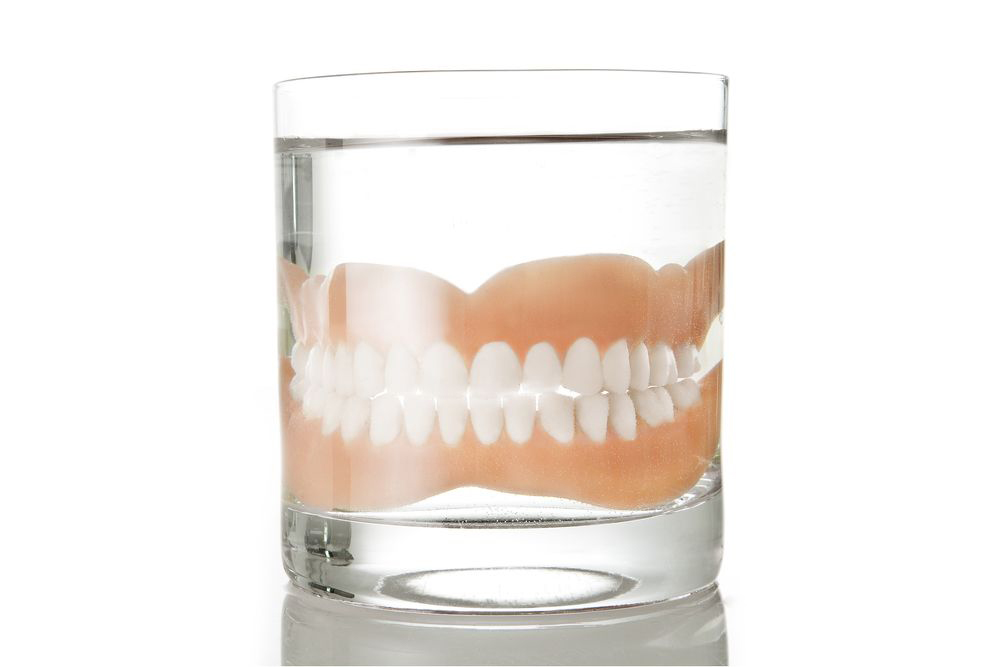
Dentures or ‘false teeth’ are removable devices that can replace one, several or all of your teeth. If implants or a bridge are not viable for a patient, dentures may be the best alternative.
There are several factors that will determine whether dentures are the best solution for you. Dr Mark will be able to advise you but in general a denture might the most suitable route for you if, i) there has been significant loss of bone, ii) the remaining teeth are failing, iii) budget is limited.
Single tooth denture
The simplest form of denture is a flipper or spoon denture. This is a plastic (acrylic) denture that is used in the upper jaw often to replace a single missing front tooth. This may also be used as a temporary solution while a bridge or implant restoration is being constructed. This is a cost effective solution to replacing a missing tooth and, even though it is not fixed in place, for many it is a preferable alternative to an unsightly gap.
Multiple tooth partial denture
A partial denture to replace multiple missing teeth is a more complex design and can incorporate clasps/clips to help keep the denture firmly in place. The denture can be made of plastic (acrylic) and have wire clips or can be a cast metal framework with the teeth mounted in gum coloured acrylic.
The metal framework is a much stronger design than the acrylic-only and can be made as a skeleton frame and in much thinner section to reduce the bulk in the mouth. Metal dentures tend to rest on the adjacent teeth and clip more firmly in place and so are less likely to move and rub against remaining teeth.
Full dentures
 If you have no teeth at all a full denture may be the most suitable choice. These are almost always made of acrylic although sometimes a metal strengthener can be built into the denture base in increase durability. When teeth are lost the bone that was supporting the teeth also reduces over time and the denture is designed to replace both the teeth and the lost bone/gum. Full upper dentures tend to stay in place quite well as it is possible to get suction against the palate. Lower full dentures can be liable to move as the tongue and floor of the mouth are much more mobile. Patients learn to control dentures with their tongue and can use denture adhesive to help. If denture movement is a problem it may be possible to place implants in the bone and then make a denture that clips on to the implants to keep it stable.
If you have no teeth at all a full denture may be the most suitable choice. These are almost always made of acrylic although sometimes a metal strengthener can be built into the denture base in increase durability. When teeth are lost the bone that was supporting the teeth also reduces over time and the denture is designed to replace both the teeth and the lost bone/gum. Full upper dentures tend to stay in place quite well as it is possible to get suction against the palate. Lower full dentures can be liable to move as the tongue and floor of the mouth are much more mobile. Patients learn to control dentures with their tongue and can use denture adhesive to help. If denture movement is a problem it may be possible to place implants in the bone and then make a denture that clips on to the implants to keep it stable.